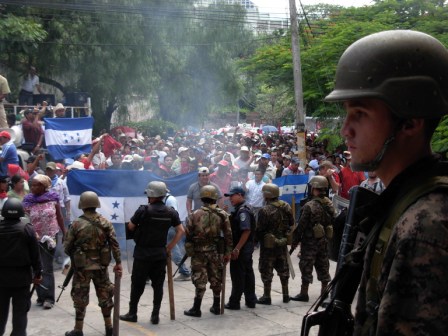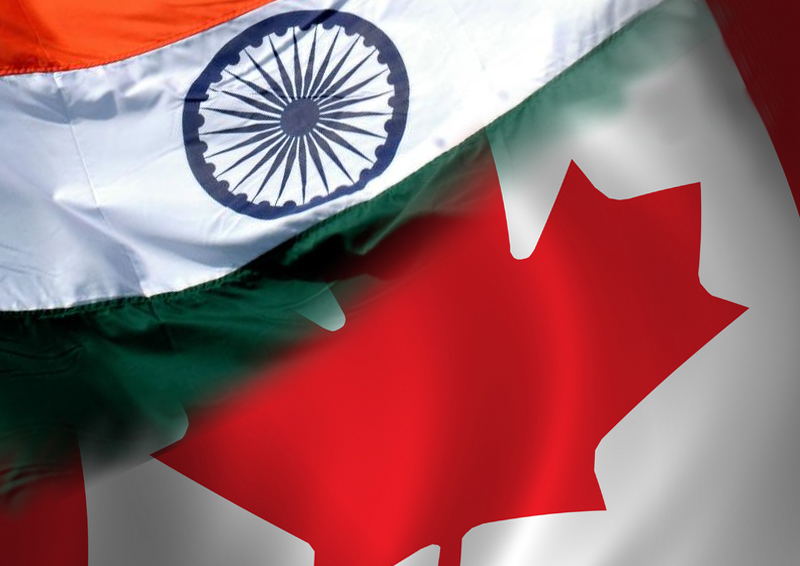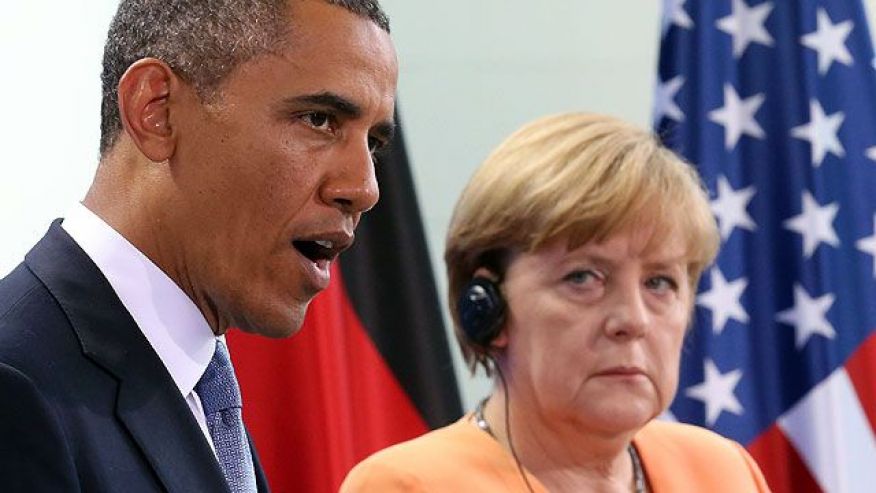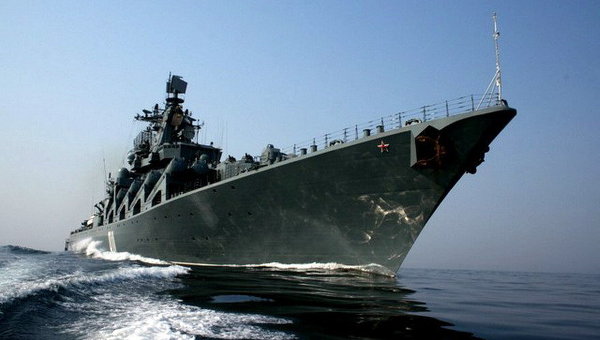For nearly a year, a strange and disturbing phenomenon has occurred on the southern border of the United States. Children, brought north by human traffickers commonly known as ‘coyotes’ from Guatemala, Honduras and El Salvador, have crossed the border in significant numbers. Parents do not escort these children; instead, they are being sent north to live with relatives in the United States or even seek asylum on their own. In the past few months, this trickle of unaccompanied minors has increased to a flood; it is expected that more than 90,000 child migrants will have crossed the border by October.

Thus far, the American response has been relatively restrictive. Child migrants have been processed and sent to detention centers pending review of their individual cases, with President Obama promising to stem the tide of asylum-seekers. Meanwhile, activists on the political right have stoked public resentment through racially charged rhetoric and calls to deport the children en-masse. While even conservative talk-radio host Glenn Beck has denounced this position, hardliners represent a sizeable political bloc that exercises significant power within the Republican Party.
Yet, the appropriate solution to this crisis is clear: the United States must let these children in, and seriously consider granting asylum to the majority of them. This is the case for a number of reasons. First of all, many of these children have a strong claim to asylum under the 1951 UN Convention relating to the Status of Refugees. The convention defines a refugee as someone who:
Owing to well-founded fear of being persecuted for reasons of race, religion, nationality, membership of a particular social group or political opinion, is outside the country of his nationality and is unable or, owing to such fear, is unwilling to avail himself of the protection of that country… is unable or, owing to such fear, is unwilling to return to it.
These children are fleeing poverty and social chaos nearing levels consistent with full-blown civil conflict in their countries of origin. Honduras’ murder rate is nearly twice as high as Iraq’s during the height of its civil war, and Guatemala and El Salvador are also among the most violent countries in the world. This is the result of gang violence, with clashes among gangs over lucrative drug trafficking routes. These gangs are brutal and public in their use of violence, with threats of child rape used to control opponents, and beheadings and other horrific means of execution used to incite fear. Police forces and the military, in combatting gangs, have also resorted to harsh tactics, known as mano dura or ‘iron fist’, including the use of arbitrary detention, torture and extrajudicial executions.
Individuals have a “well-founded fear of persecution” in this case, with the state involved in or unable to protect them from gang reprisals, random violence, and state repression. Thus, parents are sending their children – often at an exorbitant cost – to the United States to secure their safety. While some children may not meet the requirements for refugee status, under any fair process with a reasonable burden of proof, the majority of them would qualify as refugees under international and U.S. law.

Moreover, the United States has a particular responsibility to refugees from Central America. The epidemic of violent crime currently underway there did not simply emerge from a void; rather, decades of American policy have exacerbated these problems. Under Ronald Reagan, the United States provided arms, financing and diplomatic support to regimes in Honduras, El Salvador and Guatemala. These regimes used military repression and death squads to combat leftist insurgents, who themselves frequently used brutal tactics. This led to the displacement of hundreds of thousands of people, many of whom migrated – both legally and illegally – to the United States. While Honduras was spared the open civil war experienced by El Salvador and Guatemala, many Hondurans still fled. These migrants ended up in large American cities, particularly Los Angeles. Here, many young men, marginalized by poverty, racism and their legal status, fell prey to the depredations of youth street gangs, called maras.
When peace agreements were signed in El Salvador in 1992 and Guatemala in 1996, many refugees and undocumented migrants began to return to their countries of origin. Among these people were members of the maras, who became re-entrenched in civil society. Meanwhile, the social and economic grievances that sparked the civil wars, which the new governments had promised to resolve, remained inadequately addressed. While American money for arms had come easily, the vast sums needed to reconstruct national economies and enact real social reform never appeared. Instead, the United States pushed for neoliberal solutions such as free trade and privatization, causing economic growth but also severe economic dislocation. This drove further recruitment for the maras among desperate, traumatized young men, with promises of money, glory and a sense of belonging. The maras have evolved into transnational criminal networks with tens of thousands of members in Central America and the United States, involved in a wide variety of illegal activity.

Moreover, the United States has not stopped interfering in these countries’ politics. The U.S. government continues to finance state security forces through counter-terrorism and counter-narcotics programs, leading to a remilitarization of the police and a return to the problems faced during the civil war era. This is true even as American demand for drugs provides the primary source of income for the drug gangs they are fighting. As well, the United States was one of only two countries in the Americas to accept the post-2009 Honduran regime, which was established after President Manuel Zeyala was overthrown in a military coup, as legitimate. This coup destabilized the Honduran state, directly enhancing the power of the maras and restoring traditional elites to power.
This means that, while Central American states have much to do in the way of reform and combatting crime, the United States bears immense moral responsibility with regards to the current situation, and ought to take this responsibility seriously. The U.S. government should provide immediate financing to process all child and adult migrants from Central America in a fair and compassionate way. This includes access to a rigorous refugee determination process, rather than the expedited deportations favored by the Obama administration. In addition, for those children with family in the United States able and willing to take responsibility for them, the government should consider ignoring their previous violation of immigration law and grant them immediate refugee status. While the Obama administration says that this will only encourage more migrants, this is a flawed argument. Parents are already desperate enough to send their children north on a dangerous and potentially lethal journey; the addition of new legal barriers will not stem the continued flow of refugees, and risks sending innocent children to their deaths in the process.
This crisis was exacerbated, and is perpetuated, with help of the United States. Now, it needs to take responsibility for it.




